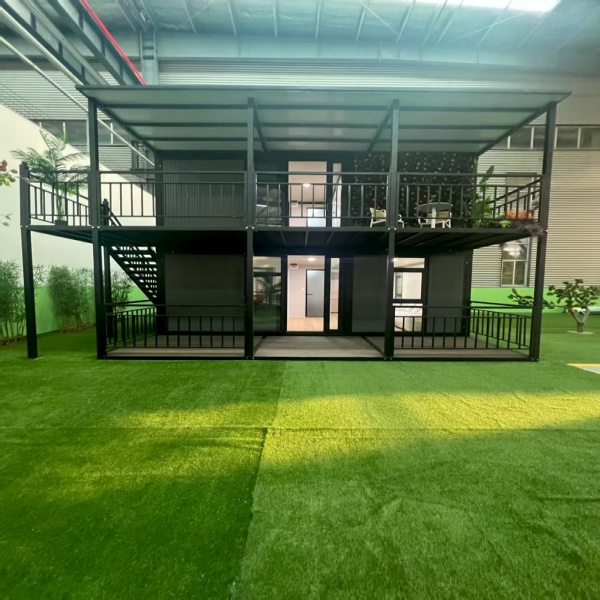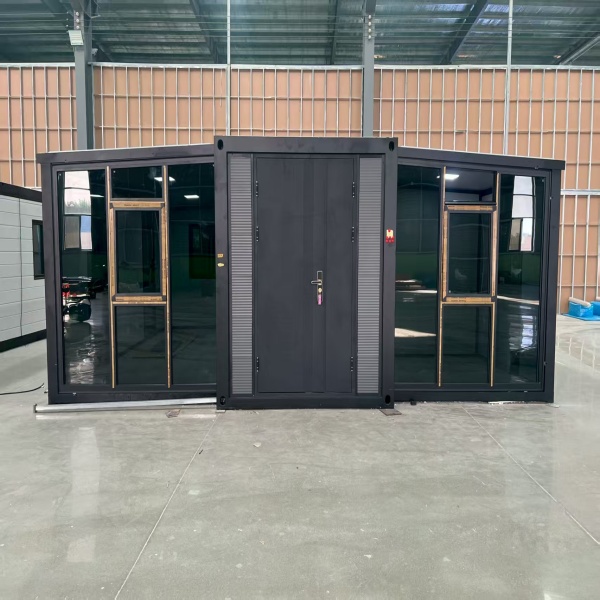-
E-mail
Austin120521@outlook.com -
E-mail
sales@jujiuhouse.com -
Telephone
+86-17864099991 -
Telephone
+86-17854044442
- Chinese
- French
- German
- Portuguese
- Spanish
- Russian
- Japanese
- Korean
- Arabic
- Irish
- Greek
- Turkish
- Italian
- Danish
- Romanian
- Indonesian
- Czech
- Afrikaans
- Swedish
- Polish
- Basque
- Catalan
- Esperanto
- Hindi
- Lao
- Albanian
- Amharic
- Armenian
- Azerbaijani
- Belarusian
- Bengali
- Bosnian
- Bulgarian
- Cebuano
- Chichewa
- Corsican
- Croatian
- Dutch
- Estonian
- Filipino
- Finnish
- Frisian
- Galician
- Georgian
- Gujarati
- Haitian
- Hausa
- Hawaiian
- Hebrew
- Hmong
- Hungarian
- Icelandic
- Igbo
- Javanese
- Kannada
- Kazakh
- Khmer
- Kurdish
- Kyrgyz
- Latin
- Latvian
- Lithuanian
- Luxembou..
- Macedonian
- Malagasy
- Malay
- Malayalam
- Maltese
- Maori
- Marathi
- Mongolian
- Burmese
- Nepali
- Norwegian
- Pashto
- Persian
- Punjabi
- Serbian
- Sesotho
- Sinhala
- Slovak
- Slovenian
- Somali
- Samoan
- Scots Gaelic
- Shona
- Sindhi
- Sundanese
- Swahili
- Tajik
- Tamil
- Telugu
- Thai
- Ukrainian
- Urdu
- Uzbek
- Vietnamese
- Welsh
- Xhosa
- Yiddish
- Yoruba
- Zulu
- Kinyarwanda
- Tatar
- Oriya
- Turkmen
- Uyghur

China fold out houses from boxabl
Innovative Fold-Out Houses in China: A Closer Look at the Boxabl Concept
The idea of fold-out houses has been gaining traction worldwide, and China is no exception. With companies like Boxabl entering the scene, the market dynamics are evolving. In this piece, we'll explore how these compact housing solutions fit into China's unique landscape and what companies like SHANDONG JUJIU INTEGRATED HOUSING CO., LTD. are contributing to this innovative field.
Understanding the Fold-Out Concept
The fold-out house concept, while seemingly new, taps into age-old principles of space efficiency. These structures offer a solution to urban density issues and provide a quicker setup alternative for housing. In China, where urbanization is rapid, this approach is increasingly viable.
One must consider the environmental and logistical benefits. The small footprint of a folded house reduces construction-related disturbances, an aspect that matches China's growing eco-conscious building regulations. Moreover, these houses provide temporary shelter during natural disasters, showcasing their diverse applications.
Shandong Jujiu Integrated Housing Co., Ltd. offers insights into the adaptability of these structures in varied environmental conditions, enhancing their appeal. Balancing aesthetic value with practical functionality is a challenge they navigate deftly.
Challenges in Implementation
Despite their advantages, fold-out houses face hurdles. The structural integrity and insulation for year-round comfort are crucial, particularly in China's diverse climates. Addressing these with innovative materials and technological integration becomes central.
Boxabl models, while robust, must adapt to local preferences and building codes. Shandong Jujiu Integrated Housing’s experience highlights the necessity for tailored designs that match regional aesthetics and utility requirements.
There’s also the question of perception. Convincing traditional homeowners of quality and longevity poses a significant barrier. Here, trial installations and pilot projects by reputable companies can play a transformative role.
Technological Innovations
The role of technology in revolutionizing fold-out houses can't be overstated. Advanced materials facilitate efficient insulation, while design optimization tools enhance spatial utility, a field where Shandong Jujiu shines.
Integration with sustainable energy solutions further adds value. Solar panels, for instance, align with China’s push towards green technology, offering a sustainable living option that reduces dependency on conventional power sources.
These technological inclusions also impact overall cost, positioning fold-out houses as both an economic and environmentally friendly choice for the modern consumer seeking compact luxury.
Market Acceptance and Growth
The Chinese market for fold-out houses, though in its nascent stage, exhibits growth potential. An increasing urban population with diminishing space options demands innovative housing solutions.
Companies like Shandong Jujiu Integrated Housing Co., Ltd. are already leading the charge in not only providing these solutions but also educating the market on their benefits through strategic partnerships and customer feedback.
Government support, in terms of policies that favor sustainable and rapid housing solutions, can further encourage adoption. The need for efficient housing solutions will likely drive legislative frameworks that support their deployment.
Future Prospects
Looking ahead, the versatility of fold-out houses positions them as a key player in future housing strategies, especially in disaster-prone or rapidly urbanizing regions. Their role in emergency housing and potential as affordable urban living options are significant.
Innovations from Boxabl and contributions from industry players like Shandong Jujiu Integrated Housing promise continued growth and adaptation, shaping the modern housing landscape toward efficiency and sustainability.
In conclusion, as China embarks on ambitious urban strategies, fold-out houses offer a compelling and practical housing alternative that meets both economic and environmental goals, setting a precedent for smart, adaptable living spaces worldwide.
Related products
Related products
Best selling products
Best selling products-
 Customized Expandable Container House Holiday Home Folding Prefab Container House with Bathroom and Kitchen
Customized Expandable Container House Holiday Home Folding Prefab Container House with Bathroom and Kitchen -
 A container house with a terrace and double-wing folding design, suitable for various purposes such as offices, meeting rooms, living rooms, etc.
A container house with a terrace and double-wing folding design, suitable for various purposes such as offices, meeting rooms, living rooms, etc. -
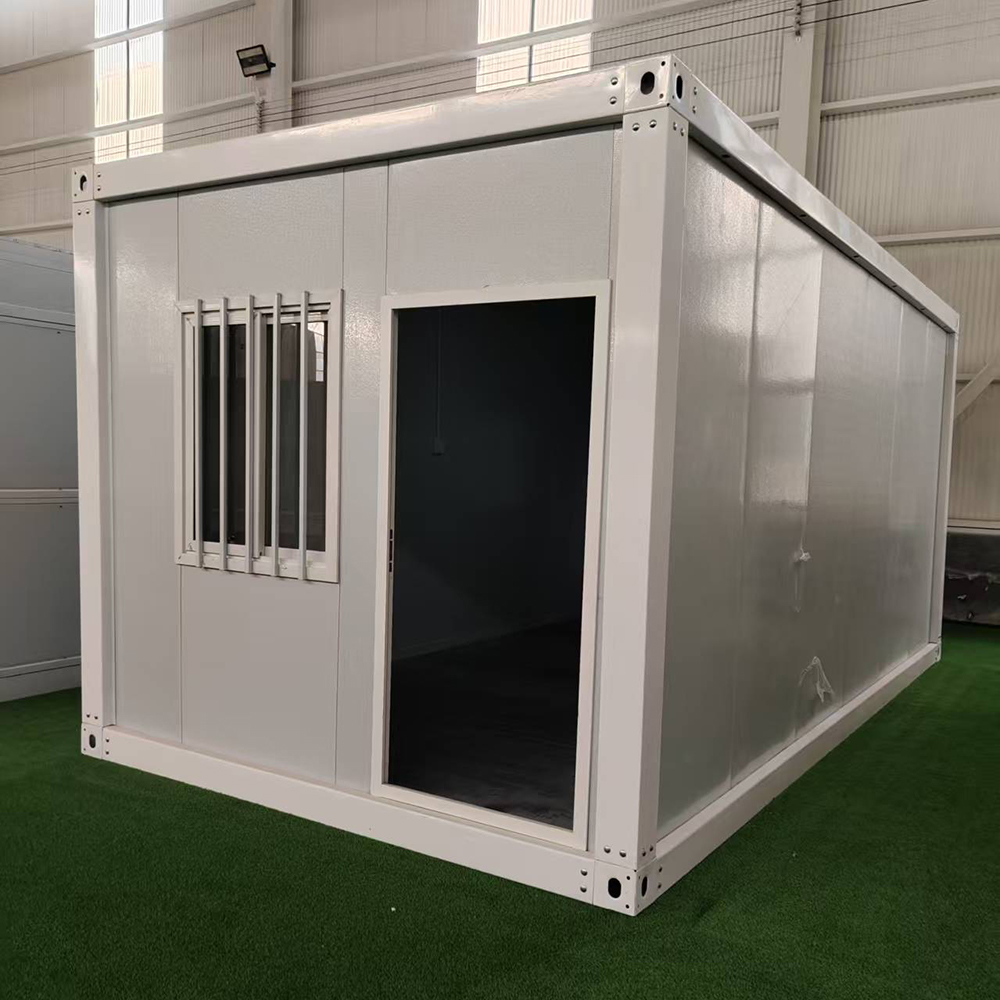 Folding Container Moving House Modular Office Container House Prefab Container for Outdoor Use
Folding Container Moving House Modular Office Container House Prefab Container for Outdoor Use -
 High-quality Double-wing Folding Container House with Doors and Windows, Insulated Walls, Suitable for Various Scenarios.
High-quality Double-wing Folding Container House with Doors and Windows, Insulated Walls, Suitable for Various Scenarios. -
 Dual-Wing Folding Container House: Fast Assembly, Space-Saving & Multi-Scene Adaptable
Dual-Wing Folding Container House: Fast Assembly, Space-Saving & Multi-Scene Adaptable -
 The foldable container house with side wing design can be quickly set up and is suitable for various environments.
The foldable container house with side wing design can be quickly set up and is suitable for various environments. -
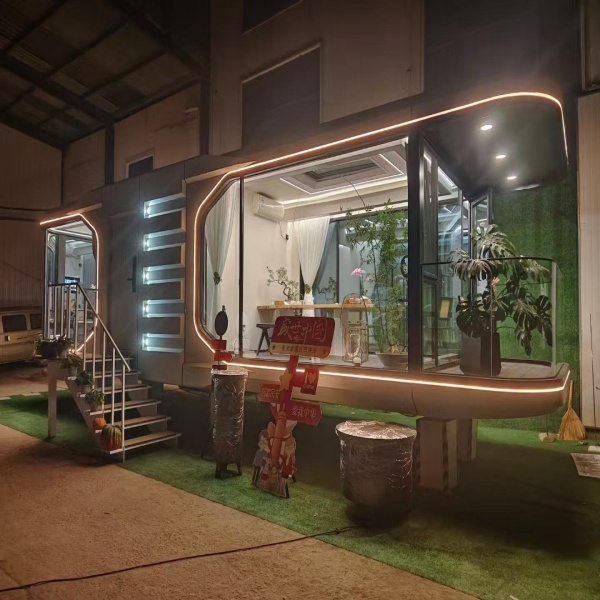 Outdoor ecological capsule rooms, luxury pods, space capsule hotel rooms, prefabricated space capsules, container houses
Outdoor ecological capsule rooms, luxury pods, space capsule hotel rooms, prefabricated space capsules, container houses -
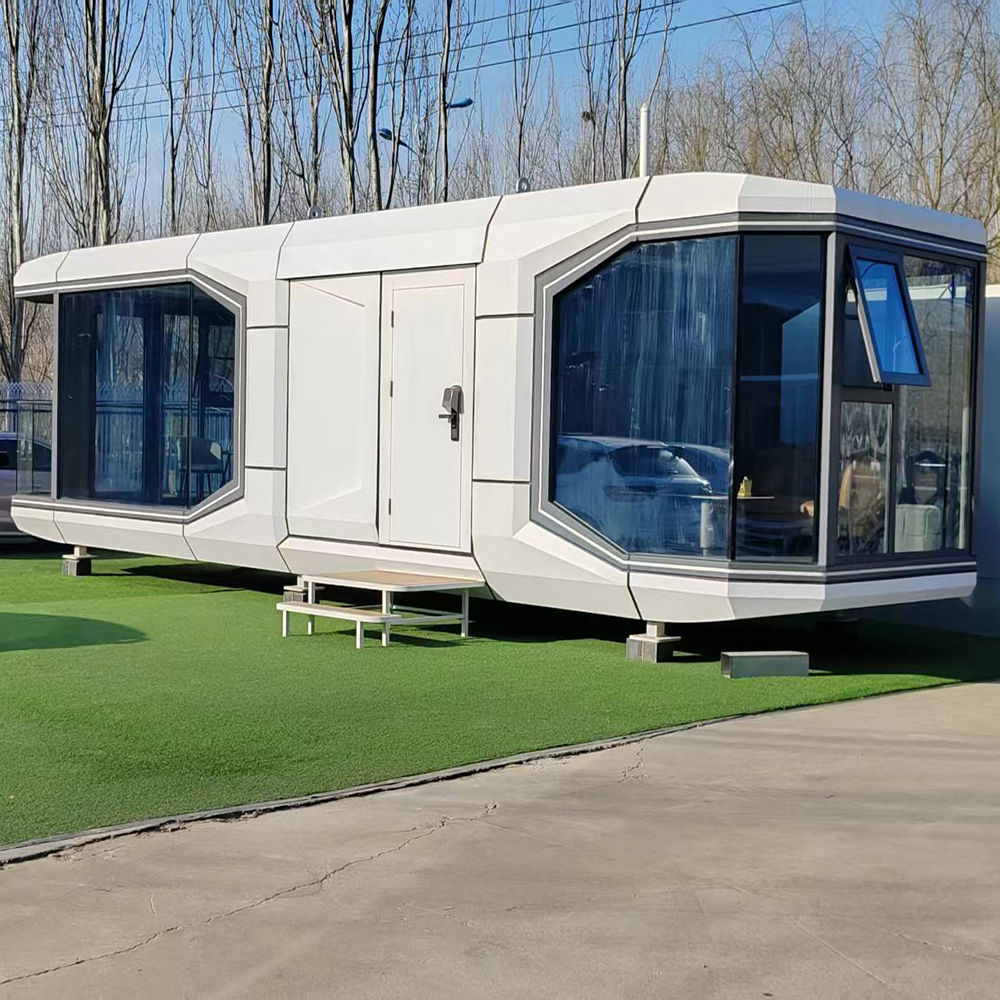 Luxury High Quality 2 Bedroom Container Home Prefabricated Steel Space Capsule for Office Shop Hotel or Outdoor House
Luxury High Quality 2 Bedroom Container Home Prefabricated Steel Space Capsule for Office Shop Hotel or Outdoor House -
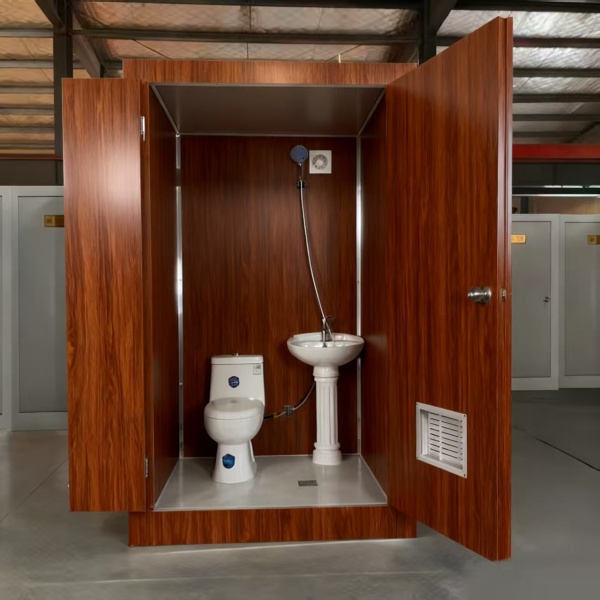 Portable outdoor camping bathroom, mobile toilet, prefabricated modular villa & rental of outdoor and indoor showers
Portable outdoor camping bathroom, mobile toilet, prefabricated modular villa & rental of outdoor and indoor showers -
 Customized Two Wing Folding Expandable Container House
Customized Two Wing Folding Expandable Container House -
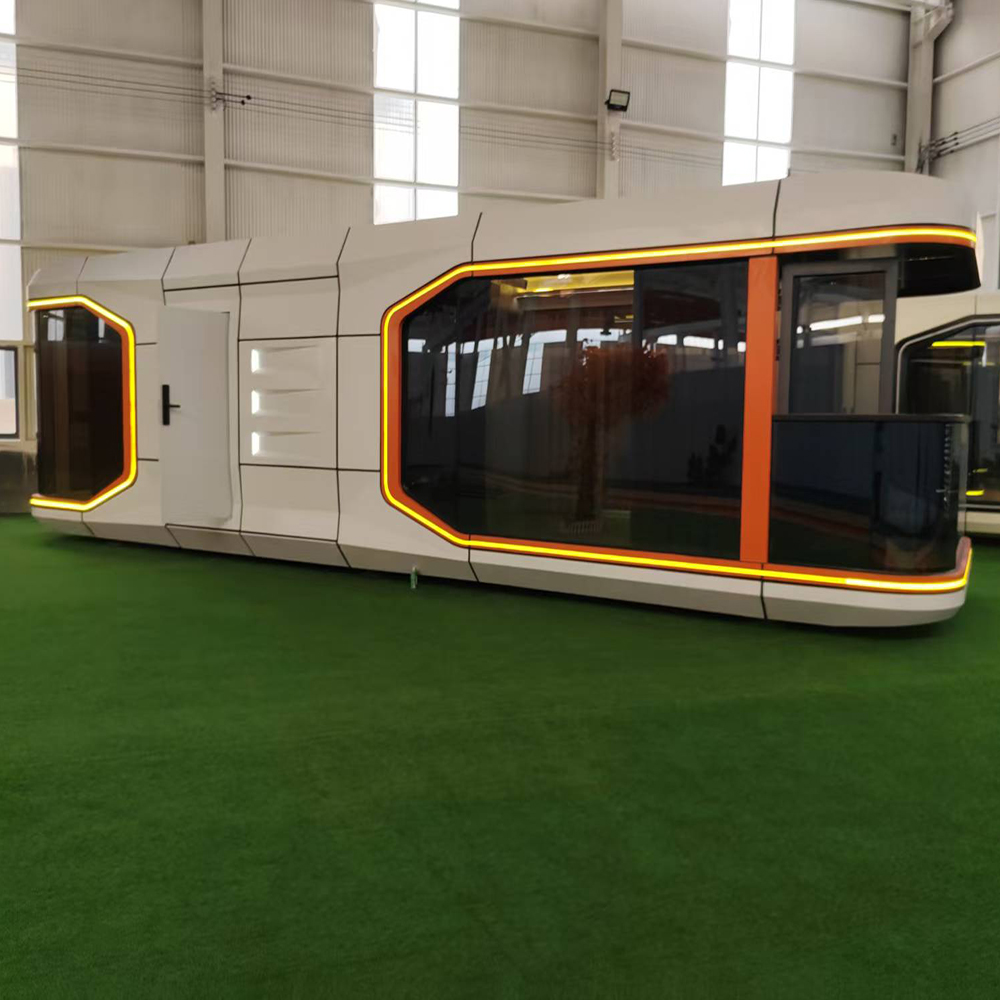 Standard Modern Camping Pod Space Prefabricated Portable Mobile Capsule Room Hotel Bathroom Prefabricated Spaceship House
Standard Modern Camping Pod Space Prefabricated Portable Mobile Capsule Room Hotel Bathroom Prefabricated Spaceship House -
 Luxury Foldable Two Story Container House for Glamping Resort and Villa Hotel
Luxury Foldable Two Story Container House for Glamping Resort and Villa Hotel
Related search
Related search- apple cabin on the creek
- portable fold out homes
- China fold out houses for sale
- China fold out shipping container house
- Buy cheap wholesale price expandable house container
- portable fold out container house
- China apple cabin house
- China pre fab 2 bedroom prefab container house homes luxury
- expandable container house price
- Buy space capsule house









